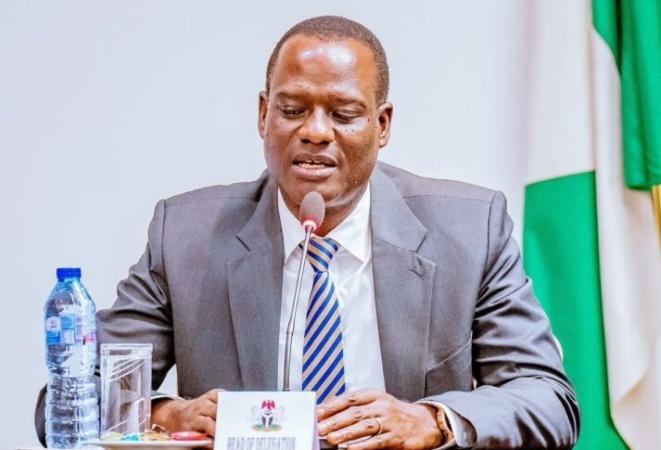98% of workers to be exempted from PAYE, says tax reforms committee chairman, Oyedele

Majority of Nigerian workers will not pay tax on what they earn when the new law takes effect in January.
Chairman of the Presidential Fiscal Policy and Tax Reforms Committee, Mr. Taiwo Oyedele, said about 98 per cent of Nigerian workers will be exempted from Pay-As-You-Earn (PAYE), reports The Nation.
Oyedele spoke during a session at the ongoing 31st Nigerian Economic Summit (NES31) in Abuja.
Under the new tax structure, he said, poor Nigerians would be exempted from personal income tax, while high-net-worth individuals would be subject to higher rates.
“The poor will not pay personal income tax,” he said.
“Those who earn more and have greater means will pay more. That is how fairness works in a modern economy.”
Oyedele stated that small and low-income companies would also enjoy tax exemptions to strengthen their operations and create more jobs.
He said: “We are considering tax-exempt stickers for nano businesses to protect them from harassment by state and local government officials.
“These are the smallest operators — street vendors, petty traders, artisans — they should be allowed to thrive.”
He explained that the tax reforms are designed to protect low-income earners and those living around the poverty line, while ensuring a more equitable and efficient tax system.
“The more inequality you create, the more time bomb you have,” Oyedele said.
“These reforms are designed to strengthen governance around revenue generation, improve accountability, and ensure that tax revenues are effectively utilised.”
According to him, the comprehensive tax reforms, which form part of President Bola Tinubu’s broader fiscal policy agenda, aim to enhance Nigeria’s sovereign credit rating, lower borrowing costs for both government and businesses, and stimulate private-sector investment.
Oyedele said the reform effort was not without personal risk, revealing that he had received death threats because of his role in driving the initiative.
“Reform is tough,” he said. “I have suffered all kinds of things, including death threats. But I am not scared. I recently celebrated my 50th birthday.
“Even if anything happens, I have done my bit. The reforms belong to Nigerians. The reforms don’t belong to Mr. President.”
He said the reforms seek to build a fairer system in which wealthy individuals and large corporations contribute more to the country’s development.
“If we don’t pay our taxes in an orderly manner, we’ll pay them in a disorderly manner.
“We’ve seen that in the past few years with over N30 trillion printed, which is part of the inflation we’re dealing with and the devaluation of the naira.
“We don’t want that to happen. We’ve seen countries like Zimbabwe where prices double every other day.”
Responding to concerns that state and local governments might resist the reforms, Oyedele assured that members of the Joint Tax Board (JTB), representing all 36 states and the FCT, were fully part of the committee’s deliberations and had expressed support for the new framework.
According to him, the new system would not deprive states of revenue but would, in fact, help them earn more from the Federation Account without burdening vulnerable citizens.
“Last year, all the states generated N3.36 trillion from taxes imposed on their people,” he said.
“If that N3.36 trillion is not generated in 2026, the states will not do worse. We are convinced that no state will be bankrupt. We can’t do better by not taxing our most vulnerable.”
Oyedele cited recent improvements in national revenue distribution as evidence that the fiscal reforms were already beginning to yield results.
“Last month, the Federation Account Allocation Committee (FAAC) shared N2.2 trillion to the three tiers of government,” he said.
He also criticised outdated and regressive tax provisions that burden the poor, citing examples such as the so-called “wheelbarrow tax.”
“Some of the tax provisions in our constitution are retrogressive,” Oyedele said.
“How will you ask anyone to pay wheelbarrow tax? That is why we have sent ten amendment proposals to the National Assembly to amend sections that need to change in line with the tax reforms.”
According to him, the committee is also working on expenditure reforms to ensure that tax revenues are used efficiently and transparently.
“We have worked on the expenditure side,” he explained.
“We are working seriously on fiscal regimes to ensure transparency and prudence in government expenditure so that Nigerians get full benefits of their taxes.”




